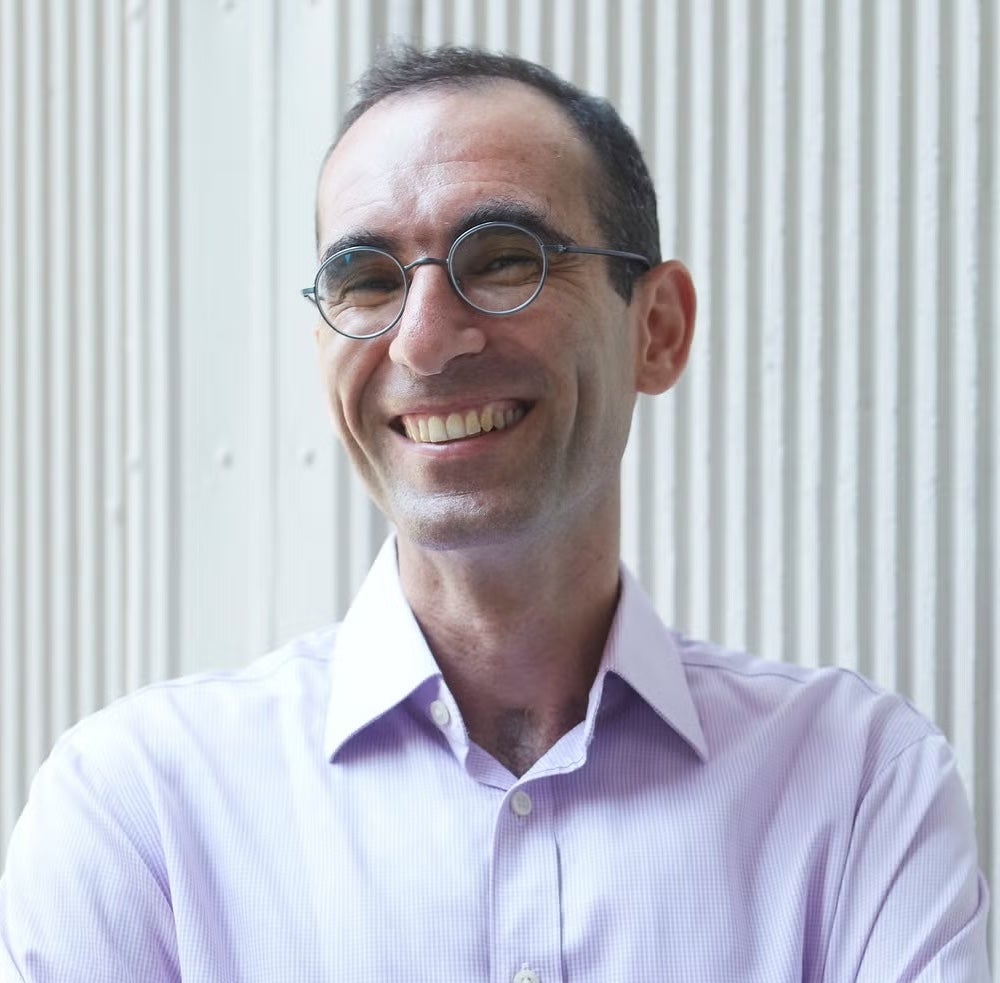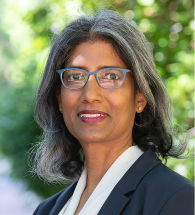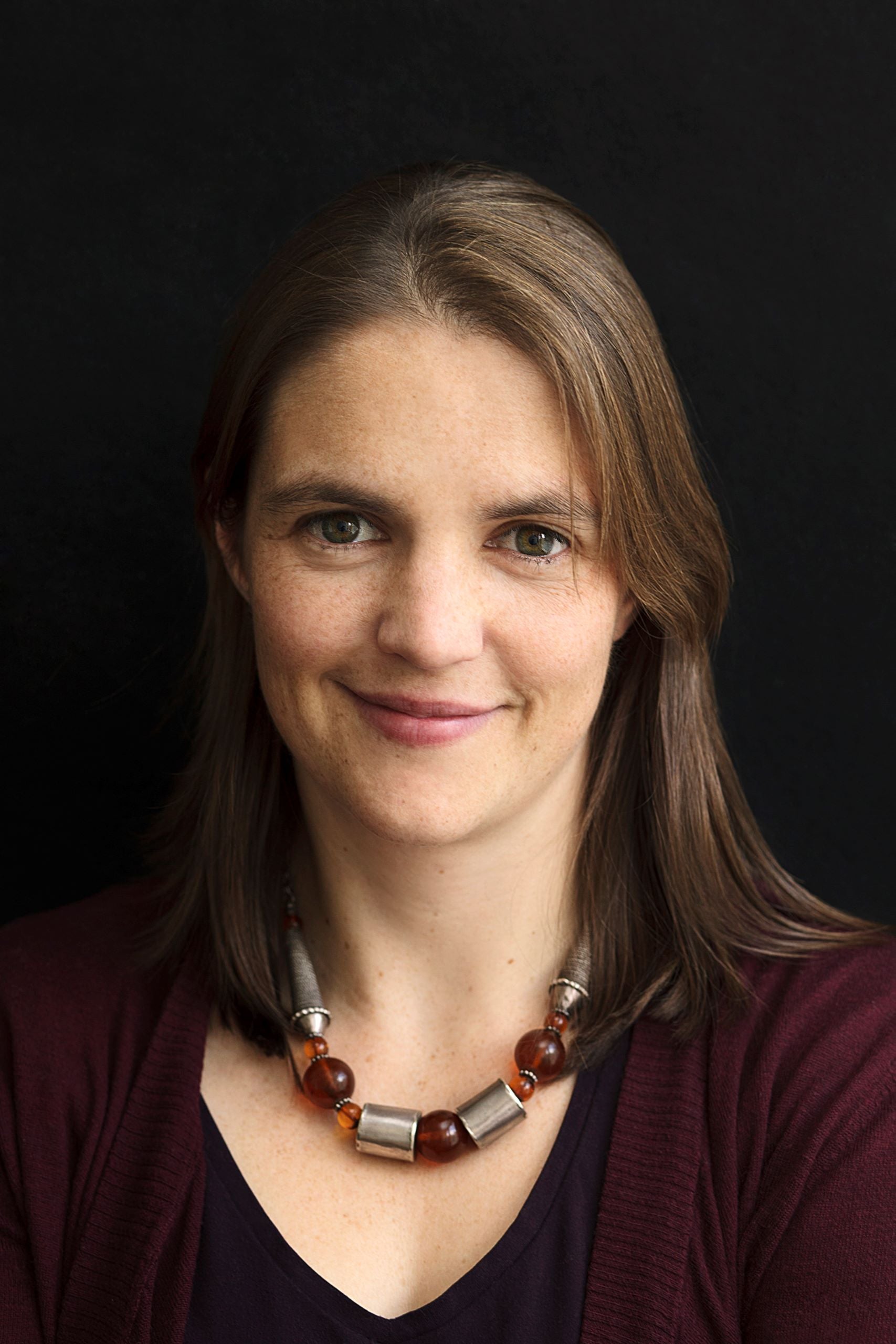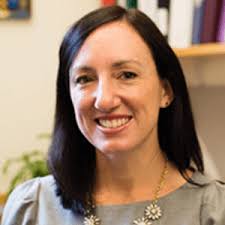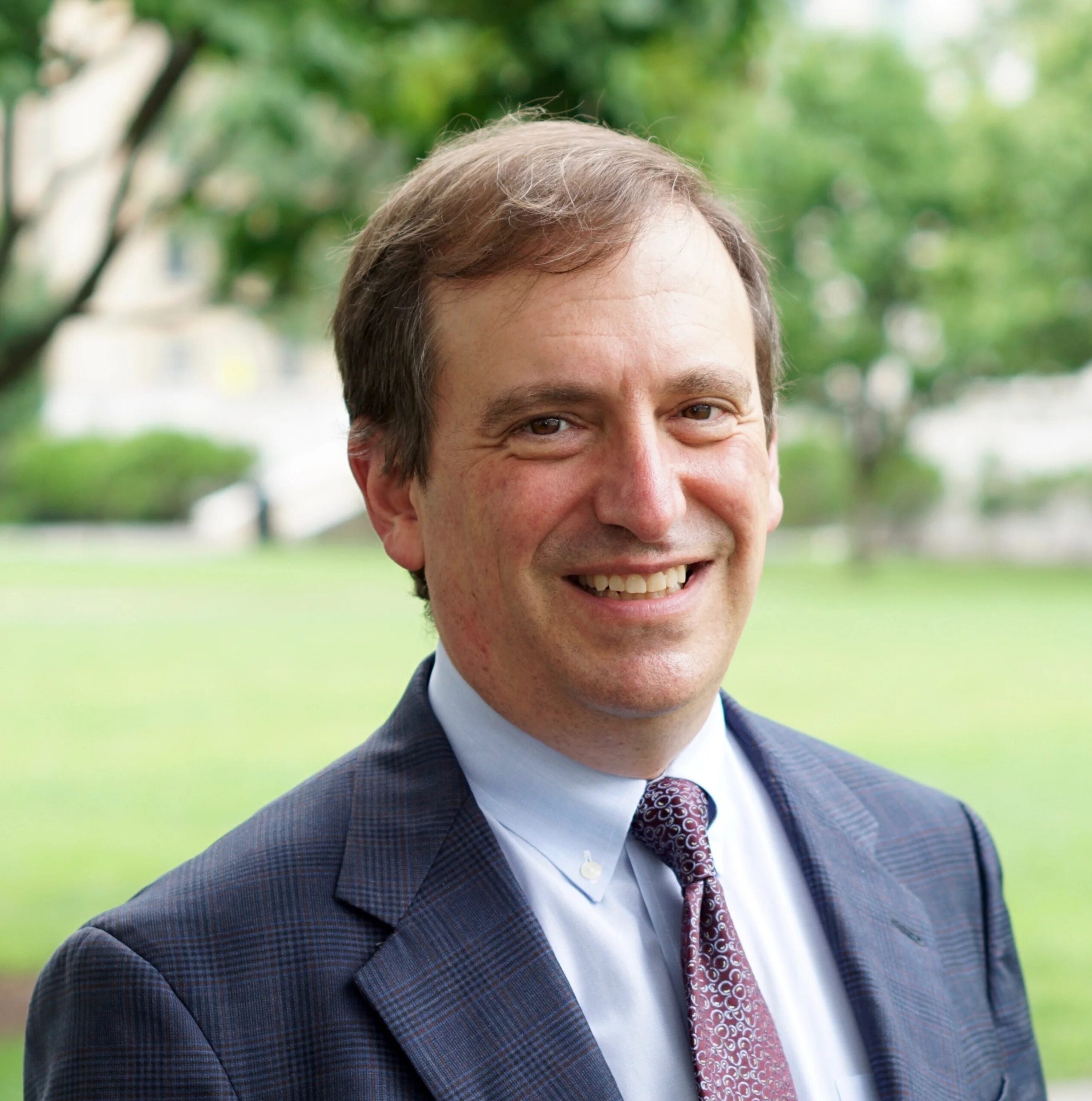Department of Epidemiology
Learn how we advance public health globally by researching the frequency, distribution, and causes of human disease, and shaping health policies and practices.
677 Huntington Avenue
Kresge, 9th Floor,
Boston, MA 02115
Infectious Disease Epidemiology
Infectious disease epidemiologists–with cross-training in classical epidemiology, and approaches such as mathematical modeling, behavioral science, pathogen evolution, and genomics–are in increasing demand to respond to emerging threats and improve control of endemic diseases.
The appearance of new infectious diseases and resurgence of old ones, often in new and drug-resistant forms, brings renewed urgency to infectious disease epidemiology.
The Department of Epidemiology at the Harvard Chan School is a leading center for infectious disease epidemiology, with active research programs on infections including, Covid-19, HIV/AIDS, malaria, tuberculosis, pneumococcal disease, and drug-resistant infections. These research programs offer trainees the opportunity to apply mathematical modeling, population genomics, advanced causal inference, and other cutting-edge approaches, focusing on understanding the biology and transmission of infectious diseases, with the ultimate goal of applying these scientific findings to improve control and prevention. Our tools include classic epidemiologic methods, novel approaches to causal inference, transmission-dynamic modeling, mining of “big data” (e.g. cell phone call data records, pathogen genome sequences), network theory, pathogen population genetics, genomics and phylogenomics.
The interdisciplinary concentration in infectious disease epidemiology (often referred to as “ID Epi”) provides a rare opportunity for students to obtain rigorous training both in traditional methods for epidemiologic studies and in mathematical modeling and other approaches to studying transmission mechanisms. Coursework bridging these areas is reinforced by ongoing collaborations within the department, and between epidemiologists and bench scientists who can measure parameters relevant to epidemiologic models.
Learn more about our faculty below:
